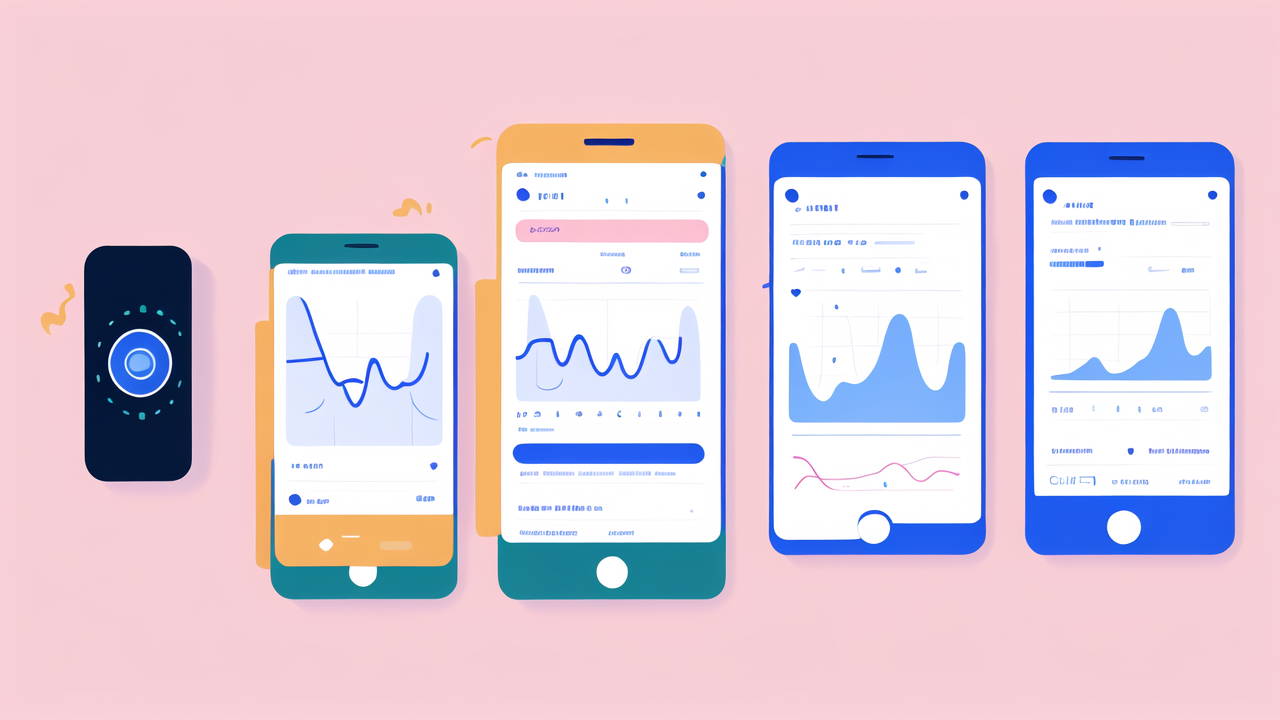Introduction to Wearable Technology and Personal Health
Understanding Wearable Technology: A Basic Overview
Wearable technology refers to smart devices designed to be worn on the body. These gadgets can track various health metrics and activities. Smart watches are a popular form of wearable tech. They offer features like heart rate monitoring, step counting, and sleep tracking.

Wearables have evolved from simple pedometers to sophisticated health tools. They now include sensors that can measure blood oxygen levels and even detect falls. The market for wearable tech is growing rapidly. More people are using these devices to take control of their health.
The Importance of Wearable Technology in Health Care
Wearable tech is changing how we approach health care. It allows for continuous monitoring of vital signs. This data can help detect health issues early. Doctors can use this information to make better diagnoses and treatment plans.
Wearables also promote preventive care. They encourage users to be more active and mindful of their health. This can lead to better overall wellness and reduced healthcare costs. In emergencies, smart watches can alert first responders. This feature has already saved lives.
Analyzing the Impact of Smart Watches on Health and Wellness
The Role of Smart Watches in Monitoring Heart Health
Smart watches play a crucial role in heart health monitoring. They can track heart rate throughout the day. Some models can even perform ECG tests. This helps detect irregular heart rhythms like atrial fibrillation.

Users can set alerts for high or low heart rates. This feature is especially useful for those with heart conditions. The continuous data collection allows for better trend analysis. Doctors can use this info to adjust treatments and medications as needed.
Enhancing Daily Wellness with Smart Watch Features
Smart watches offer various features to boost daily wellness. They can track physical activity, encouraging users to move more. Step counters and workout modes motivate people to stay active. Sleep tracking helps users understand their sleep patterns and quality.
Many watches also offer guided breathing exercises. These can help reduce stress and improve focus. Hydration reminders ensure users drink enough water throughout the day. Some models even track menstrual cycles for women's health.
Managing Stress and Anxiety with Wearable Technology
Wearable tech is becoming a valuable tool for managing stress and anxiety. Smart watches can detect signs of stress through heart rate variability. They may prompt users to take deep breaths or engage in mindfulness exercises.
Some watches offer meditation apps and guided relaxation techniques. These features help users calm down during stressful moments. Stress tracking over time can reveal patterns. This allows users to identify and address their stress triggers more effectively.
The Integration of AI and Machine Learning in Smart Watches
AI in Smart Watches: Predicting Health Trends
Artificial Intelligence (AI) in smart watches is revolutionizing health prediction. These devices collect vast amounts of data over time. AI algorithms can analyze this data to spot trends and patterns. This might include early signs of health issues like high blood pressure or diabetes.

AI can also predict when a user is most likely to exercise. It can then send timely reminders to encourage activity. Some watches use AI to detect unusual heart rhythms. This feature can alert users to potential heart problems before they become serious.
Machine Learning for Personalized Health Advice
Machine Learning (ML) allows smart watches to provide tailored health advice. The watch learns from a user's habits and health data. It can then offer personalized recommendations. This might include suggesting the best times for exercise or optimal sleep schedules.
ML can also help in creating personalized fitness plans. It adapts these plans based on the user's progress and goals. Some watches use ML to predict and warn about potential health risks. This proactive approach helps users take preventive measures.
The Ethical Considerations of Wearable Health Technology in the United States
As wearable health tech grows, ethical concerns arise. Privacy is a major issue. These devices collect sensitive health data. There are concerns about how this data is stored and used. Companies must ensure strong data protection measures.
There's also the question of data accuracy. Users and doctors might rely on this data for health decisions. Inaccurate data could lead to wrong diagnoses or treatments. There are debates about who owns the data collected by these devices.
Another concern is the digital divide. Not everyone can afford or access this technology. This could lead to healthcare disparities. There are also worries about over-reliance on technology for health management. It's important to balance tech use with professional medical advice.
In conclusion, smart watches are transforming personal health management. They offer real-time health monitoring and personalized advice. As AI and ML advance, these devices will become even more powerful. However, it's crucial to address the ethical challenges that come with this technology. The future of wearable tech in healthcare looks promising, but it must be developed responsibly.




Leave a comment
This site is protected by hCaptcha and the hCaptcha Privacy Policy and Terms of Service apply.